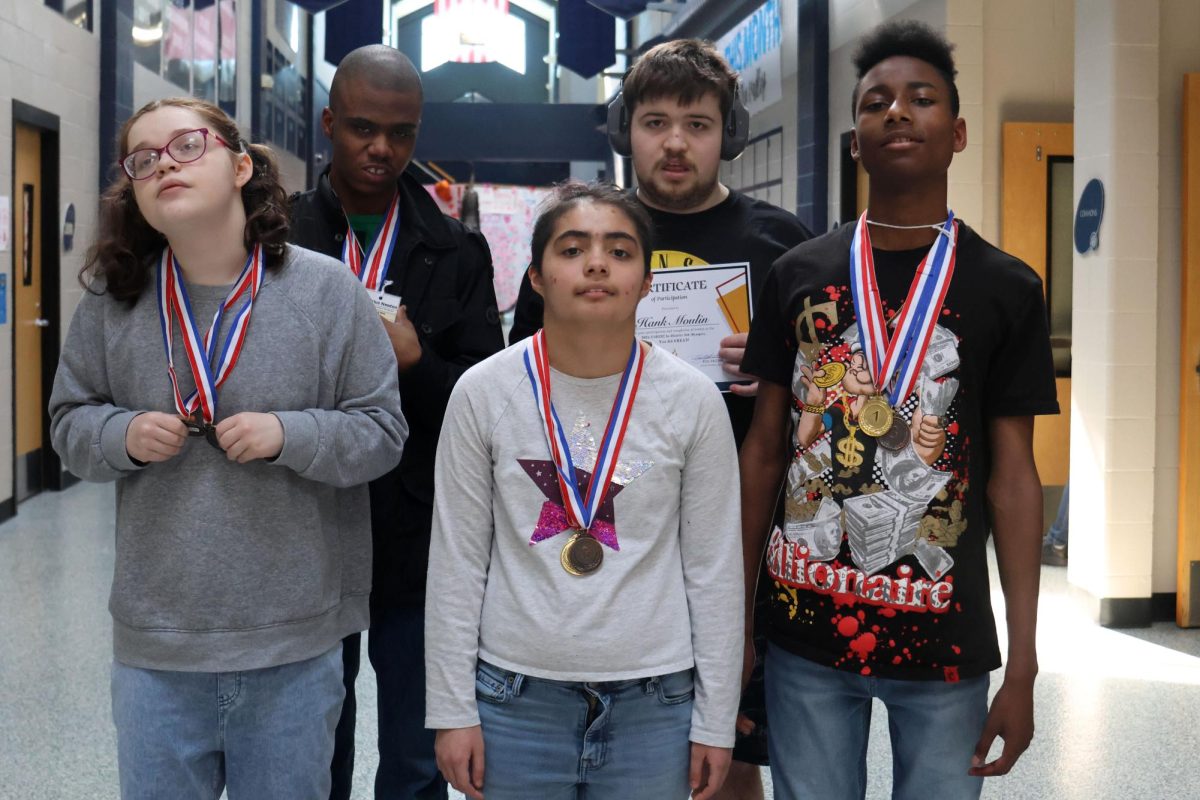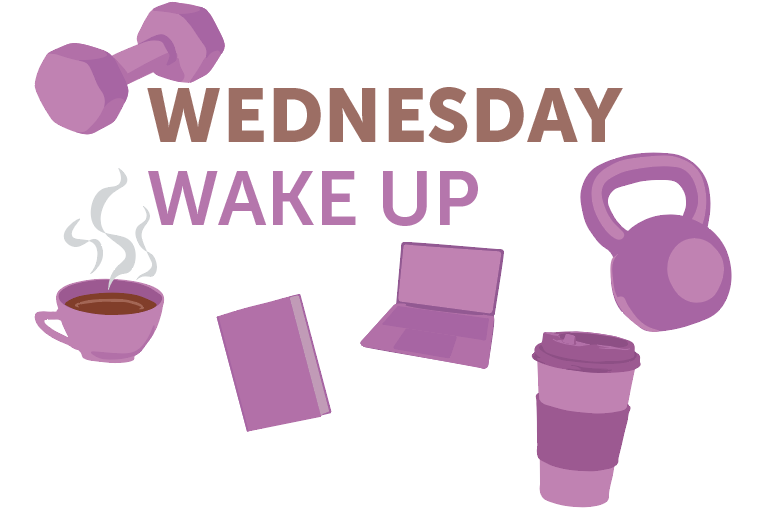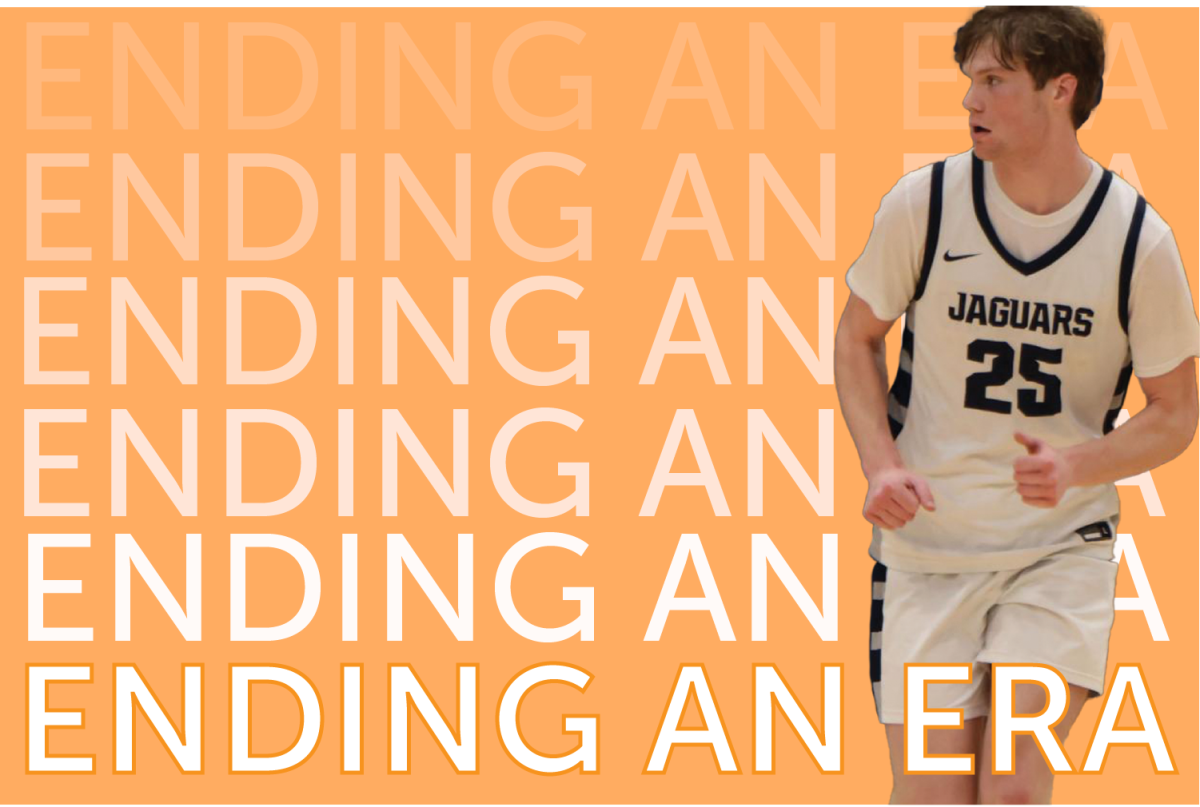Falling into serious periods of desolation would be disheartening for anyone. Not being able to control when or how often it happens could only make it more difficult.
However, for two million teenagers in the U.S., being diagnosed with depression is a serious reality that warrants knowledge of what it really means to be depressed.
According to Johnson County Mental Health director of prevention services Janine Gracy, depression is more than just being “down in the dumps.” It’s a persistent illness that involves the brain and interferes with everyday life.
Jane*, a student from Mill Valley who asked not to be identified, was diagnosed with depression at 13. Being financially independent, Jane cannot afford medication or therapy. Without it, she goes through periods of ‘low points,’ ranging from minutes to hours, when her mood drops drastically.
“Basically, take your normal mood and drop it off a cliff,” Jane said. “I just don’t feel like anyone cares about what I’m saying. I don’t even care about what I’m saying, so in my mind there’s no reason to say it.”
According to Jane, the ‘low points’ come at random times.
“It always seems to happen when you want to be the happiest,” Jane said. “It doesn’t make me miss out on experiences; I just miss out on emotions during those experiences.”
Sometimes, teenagers withdraw from relationships with adults and spend more time with peers because adults “couldn’t possibly understand” their pain or discomfort, according to Gracy.
Jane, however, feels a void between herself and her peers.
“You feel envious of everyone else,” Jane said. “You didn’t bring it upon yourself and no one brought it upon you.”
According to Gracy, risk factors include stressful life events, child abuse, unstable care giving, poor social skills, chronic illness and family history of depression.
In Jane’s situation, the depression relates back to childhood abuse. All of those issues along with the current depression have caused Jane to make four attempts at her own life.
“When I was 14, I tried to cut my wrists really bad. I had to go to the hospital and they dumped me in a happy camp for three weeks then dumped me back at my house, which probably wasn’t the smartest idea,” Jane said. “The second time, I jumped off the top of my house and broke my knee.”
In the third attempt, Jane cut her wrists again and, in the fourth, almost put a gun to her head.
Although Jane learned from her past attempts, calling them “immature and stupid”, she understands why people follow through with their suicidal acts.
“They just end it without figuring out that they really have a lot to live for,” Jane said. “But I completely understand why they did. Sometimes, you just don’t want to live anymore.”
Heather Kaplan, a 2009 graduate, is also dealing with the effects of suicide related to depression. Her 23-year-old brother Seth Kaplan died after attempting suicide while intoxicated in March. Like Jane, Seth also suffered from depression that had gotten collectively worse after the loss of their father in May 2008.
“I [had] told him how I was afraid to lose him… He looked me in the eye and promised me he would never do anything like that, that he loved us all too much,” Kaplan said. “That’s what hurt the most, because he was the last person in my life I expected to lose.”
Kaplan saw how depression affected Seth’s every day life before his suicide.
“He slept a lot, which is a big sign of depression. Seth was a very sensitive and caring person,” Kaplan said. “If his friends didn’t call him to hang out, or he had nothing to do, he felt like he was alone.”
Calling it “a permanent solution to a temporary problem,” Kaplan will never really understand her brother’s decision to take his own life.
“There are so many what-if’s in his situation,” Kaplan said. “People do need to know the signs and, if there are any, to take action, because if you can prevent it and save a life, that’s way more important than a friend being mad at you for letting someone know.”
Kaplan has learned a lot from her brother’s depression and death.
“I want people to stop being embarrassed of mental illnesses. If you have depression, ADHD, bipolar, anything, don’t be embarrassed,” Kaplan said.
Gracy looks at it the same way.
“To put it bluntly: If you have heart trouble, you go to a doctor. If you have a broken arm, you go to a doctor. If you are depressed, please go to the doctor because there may be an underlying physical problem causing the depression,” she said.
After all she and her family have gone through, Kaplan has a new outlook on depression.
“I would describe it as a battle, a life long battle. Seth wanted to be happy, he really did. He had to fight for his happiness,” she said.
Like Kaplan, Jane hopes people will learn to respect the illness rather than trivialize it.
“I think a lot of people just think ‘little emo kids’ but it’s a lot harder than they think,” Jane said. “If they knew how much it sucks to live with it, they would think a little differently.”







